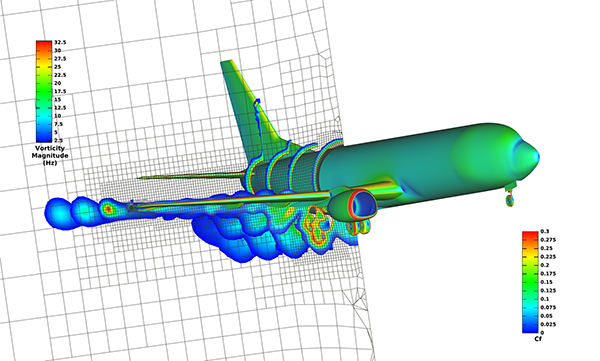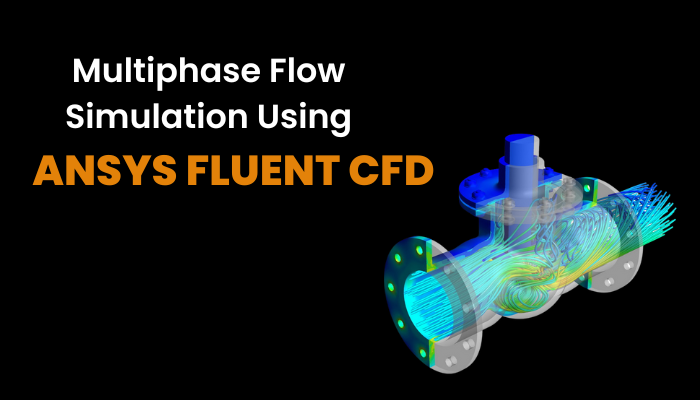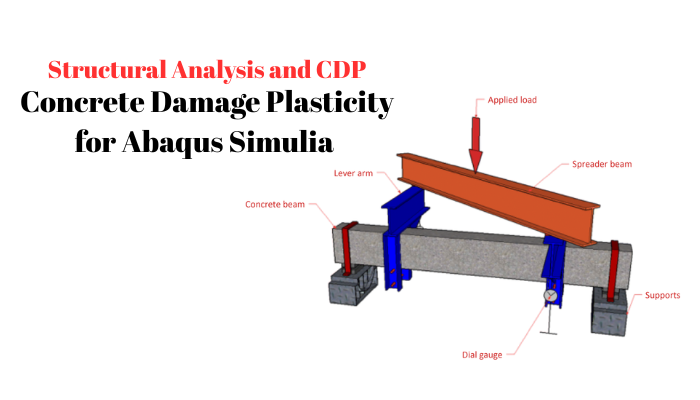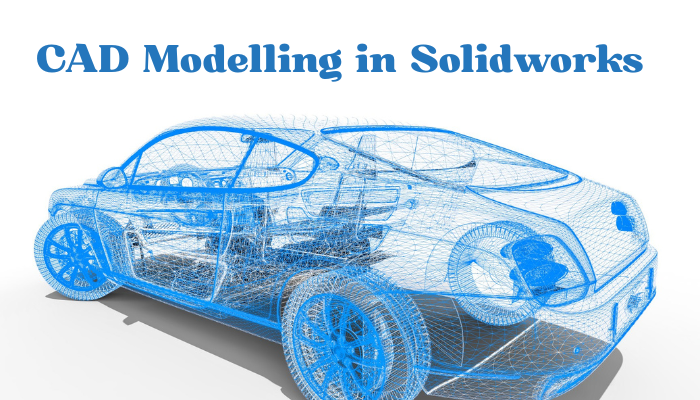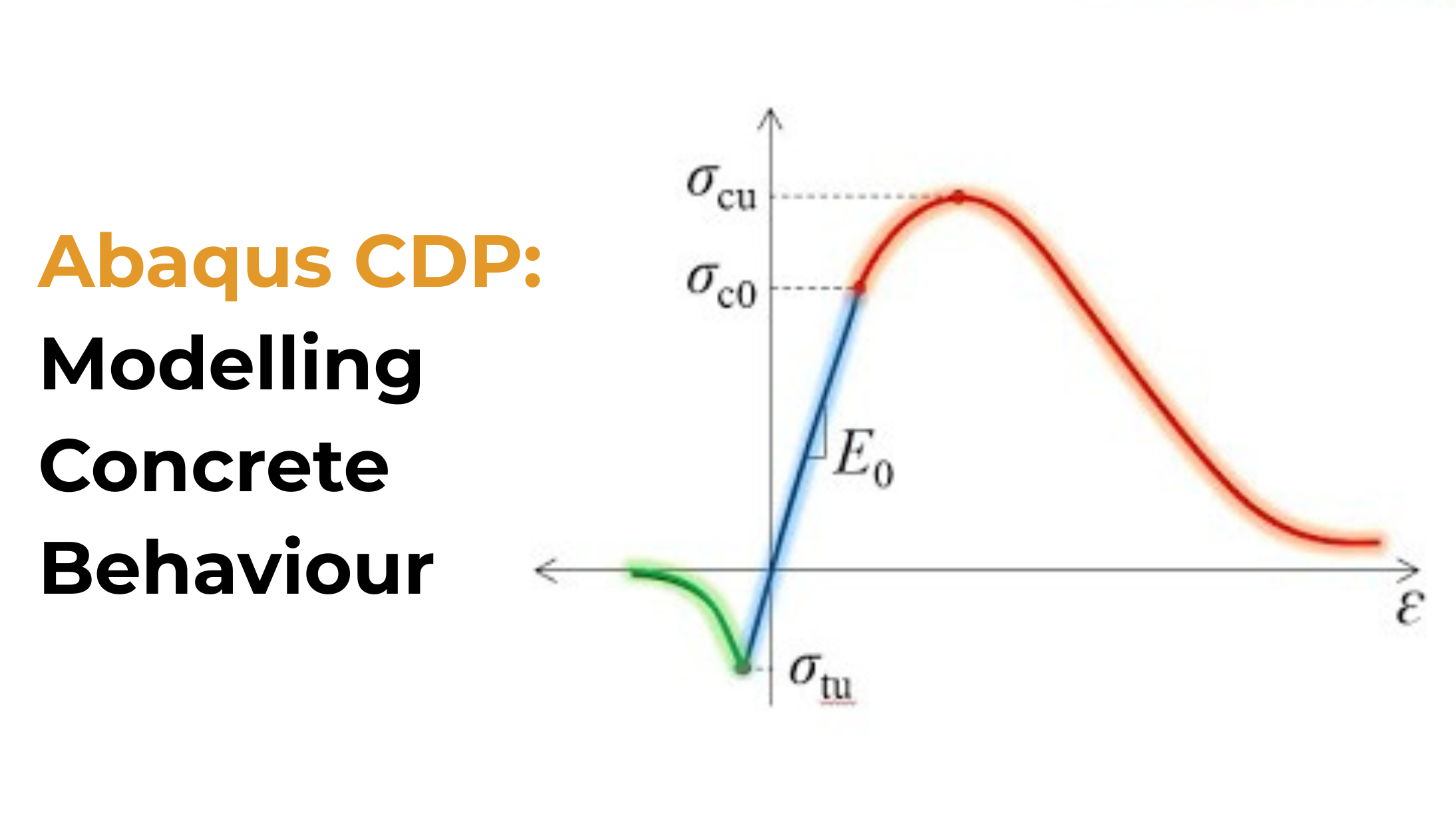Simulia Abaqus Software: An Overview of Features, Products, and Applications
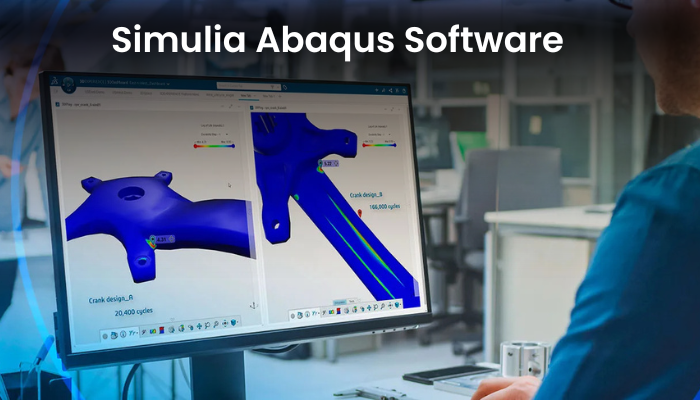
Strong 8k brings an ultra-HD IPTV experience to your living room and your pocket.
Abaqus is a robust set of finite element method (FEM)-based engineering simulation software. Engineers and researchers find it very useful for solving problems ranging from linear analysis to highly nonlinear simulations. For static or dynamic analysis, Abaqus is designed to tackle a wide variety of engineering challenges with very high precision and efficiency.
This blog gives you an extensive overview of Abaqus, ranging from its major modules, special-purpose extensions to its applications in different industries. If you are eager to start with simulation tools or will be attending Abaqus Training, this guide will make you aware of its capabilities.
What is Abaqus Software?
Abaqus is a multi-purpose engineering simulation software with capabilities in structural, thermal, electrical, and acoustic analysis. It features a huge library of finite elements through which users can model nearly any shape or component. It also has advanced material modeling features for metals, rubber, polymers, composites, concrete, foams, and soils.
Apart from conventional stress and displacement issues, it can solve heat transfer, diffusion of mass, thermal-electric coupling, and fluid-structure interaction. All these diverse analysis features have made it the favorite among industries ranging from automotive to aerospace, civil engineering, electronics, biomechanics, and geotechnical engineering.
Curious about how engineers use Abaqus in real-world civil applications? Check out this blog on Abaqus for Civil Engineering
When you're going to study Abaqus online, knowing these features is the beginning of comprehending simulation workflows. The learning edition and tutorial videos available for beginners explain even complex concepts, such as masonry wall modeling, with ease.
Key Abaqus Products
The Abaqus family consists of various products that cater to specific engineering simulation requirements:
Abaqus/Standard
Abaqus/Standard is applied in linear and nonlinear analysis, including static, dynamic, thermal, and electrical responses. It employs an implicit time integration scheme and is most appropriate for precision-intensive simulations requiring long-running analysis.
Abaqus/Explicit
Abaqus/Explicit is for high-speed dynamic events like impacts, crashes, and explosions. It employs explicit time integration and thus can solve problems with rapid changes, rough contact, or material failure.
Abaqus/CAE
Abaqus/CAE (Complete Abaqus Environment) offers a graphical user interface for modeling, meshing, and simulating engineering problems. It has a Visualization module to enable users to see results in the form of plots, animations, and reports.
Abaqus/Viewer
Abaqus/Viewer focuses on postprocessing and allows users to analyze results without modifying the original simulation model. It is ideal for those reviewing simulations rather than creating them.
If you’re considering an Abaqus full course, these modules form the foundation of any structured Abaqus software training program.
Explore our in-depth blog on Abaqus for Structural Engineering — it’s a great starting point before you begin your training.
Special-Purpose Add-On Products
Abaqus also offers additional modules for more specific use cases.
Abaqus/Aqua
Used to analyze offshore and underwater structures, this module models wave, current, and buoyancy effects on oil platforms and floating systems.
Abaqus/Design
Engineers can learn how design variations impact performance with this module, making it helpful in sensitivity analysis and product optimization.
Abaqus/AMS
AMS (Automatic Multi-level Substructuring) is helpful in modal analysis. It enhances performance in models with frequency extraction over an extended range.
Abaqus/Foundation
This module is for general structural simulations and serves to accelerate the simulation of less complex models as part of a larger design process.
These modules are generally included in extensive Abaqus training courses, particularly those offered by certified Simulia Abaqus training partners.
Interfaces and Translators
Abaqus facilitates integration with other design and analysis applications through various embedded translators and interfaces.
CAD Interfaces
It provides direct connection with:
CATIA V5
SolidWorks
Pro/ENGINEER
This integration assists in updating designs within Abaqus/CAE directly without having to re-model the whole model.
Geometry Translators
Abaqus accommodates formats for importing models such as:
CATIA V4
Parasolid
I-DEAS
These enable seamless migration of 3D geometry to Abaqus for simulation purposes.
Analysis Translators
Users can translate between Abaqus and other FEA codes, such as:
NASTRAN
RADIOSS
PAM-CRASH
ZAERO
This enhances the reuse of models and multi-platform simulation processes, which are commonly referenced in advanced Abaqus online courses and tutorial videos.
Practical Applications of Abaqus
Abaqus is employed in various industries for actual simulation requirements:
Automotive: Crash tests, metal forming, noise and vibration analysis
Aerospace: Composite modeling, fatigue life prediction, heat response
Civil Engineering: Foundation analysis, soil-structure interaction (including masonry wall simulations)
Electronics: Stress and heat in circuit boards and sensors
Consumer Goods: Drop tests and thermal studies for product design
Oil & Gas: Subsea pipeline behavior, structural integrity of rigs
If you're already employed in any of these fields or intend to change your profession, training in Abaqus can advance your career prospects. This is especially useful for beginners who want to know how to learn Abaqus effectively.
Conclusion
Abaqus is not only a simulation software; it is an overall platform for analyzing, testing, and enhancing product designs. Its extensive list of functionalities, ranging from structural analysis to fluid-structure interaction, makes it a preferred solution for engineers and researchers around the globe.
As demand for simulation professionals continues to grow, taking an Abaqus full course or learning through Abaqus training courses can be a great idea. More people today are choosing to learn Abaqus online, a flexible, self-directed way to gain knowledge while also getting hands-on experience in using this software.
Whether you would like to pursue a Simulia Abaqus software training course, a brief Abaqus course online, or comprehensive Abaqus software training, becoming proficient in this tool has the potential to lead to many engineering and research opportunities. To learn Abaqus, PIGSO LEARNING provides industry-specific training to guide you into it.
Have questions or need help getting started? Contact us today, and our team will guide you through the right Abaqus course for your learning goals!
Note: IndiBlogHub features both user-submitted and editorial content. We do not verify third-party contributions. Read our Disclaimer and Privacy Policyfor details.



